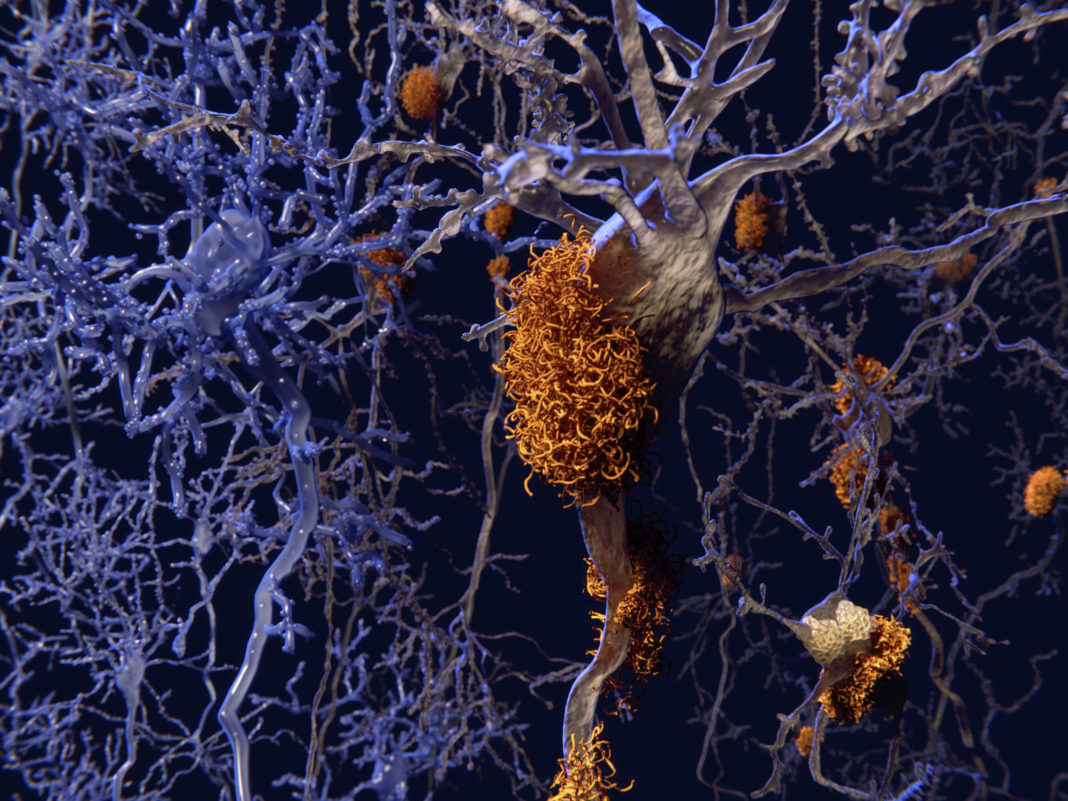Neurological drug developers figured prominently in this week’s GEN Edge roundup of Wall Street leaders and laggards among publicly traded biotech companies, reflected in the opposite directions traveled by a pair of companies.
Stay at the forefront of the week’s champions and runners-up among publicly traded biotech companies and the reasons behind the ups or downs of their stock price fluctuations.
StockWatch appears in GEN Edge on Fridays. Subscribe today to GEN Edge, starting with our 30-Day Free Trial, and keep a leading edge on the competition.
Akebia Therapeutics (AKBA)
Akebia saw its shares plummet 66% after acknowledging Wednesday that the FDA had issued a complete response letter (CRL) holding off on approving vadadustat as a treatment for anemia due to chronic kidney disease (CKD). The FDA concluded that the NDA did not support a favorable benefit-risk assessment for vadadustart, an oral hypoxia-inducible factor prolyl hydroxylase (HIF-PH) inhibitor—something the agency said could be addressed through new clinical trials. The FDA also cited safety concerns—including vadadustat’s failure to meet non-inferiority in MACE among non-dialysis patients, an increased risk of thromboembolic events driven by vascular access thrombosis in dialysis patients, and the risk of drug-induced liver injury.
Akebia is developing vadadustat with Otsuka Pharmaceutical, which is awaiting European Medicines Agency review of a marketing authorization application (MAA) it submitted for the drug in October. Vadadustat is approved in Japan for anemia due to CKD in both dialysis-dependent and non-dialysis dependent adult patients.
Amylyx Pharmaceuticals (AMLX)
Amylyx shares lost roughly half their value in the past week, starting with a one-day 36% plunge on Monday as investors reacted to FDA staffers recommending against the effectiveness of the company’s lead candidate, the amytrophic lateral sclerosis (ALS) treatment AMX0035 (sodium phenylbutyrate and taurusodiol). Shares fell 9% further on Tuesday. The worst-case scenario of investors and the company played out on Wednesday, when the FDA’s Peripheral and Central Nervous System Drugs Advisory Committee sided with agency staffers in concluding by a 4–6 vote that data from a single randomized, controlled controlled trial, the Phase II CENTAUR trial (NCT03127514) and an open-label extension study (NCT03488524) did not establish a conclusion that AMX0035 was effective in the treatment of patients with ALS. The following day, Amylyx shares declined another 14%, closing at $12.85 a share from an even $25 on March 25.
IGM Biosciences (IGMS)
IGM Biosciences shares nearly doubled on Tuesday, rocketing 97% after the company and Sanofi announced an eye-popping up-to-$6 billion collaboration ($150 million upfront) to create, develop, manufacture, and commercialize six immunoglobulin M (IgM) antibody agonists—three against oncology targets, the other three against immunology/inflammation targets. The companies signed an exclusive worldwide collaboration agreement to develop engineered IgM antibodies, a new class of potential therapeutics designed to combine the multi-valency of IgM antibodies possessing 10 target binding sites, five times as many as conventional IgG antibodies. Shares slid 8% on Wednesday, however, after IGM priced a $200 million public offering.
Longeveron (LGVN)
Longeveron shares more than doubled, zooming 105% on Thursday after its researchers joined with those of clinical partners to publish positive Phase I results for its mild Alzheimer’s disease cell therapy candidate Lomecel-B. In a study published in Alzheimer’s & Dementia, the researchers reported that their 33-patient trial (NCT02600130) met its primary endpoint by showing Lomecel-B to be well tolerated: “These trial results are provocative, and provide a rationale for the initiation of a larger clinical trial powered to detect clinical efficacy.” The first patient has been treated in a Phase II trial (NCT05233774) that began in December 2021.
Revelation Biosciences (REVB)
Investors acted on an unwelcome revelation about Revelation, sending its shares tumbling 38% on Wednesday, the day the company acknowledged that its intranasal drop immunomodulator REVTx-99a failed the Phase IIb RVL-VRL01 viral challenge study in preventing H3N2 influenza infection prevention. REVTx-99a missed its primary endpoint of statistically significant improvement over placebo in area under the curve (AUC) of viral load as measured by quantitative RT-PCR from nasopharyngeal swabs. CEO James Rolke signaled that Revelation will move on from REVTx-99a: “We remain committed to the development of our other product candidates including REVTx-99b for management of allergic rhinitis and other underlying conditions; and REVDx-501, our universal at home screening test for respiratory viral infection.”


